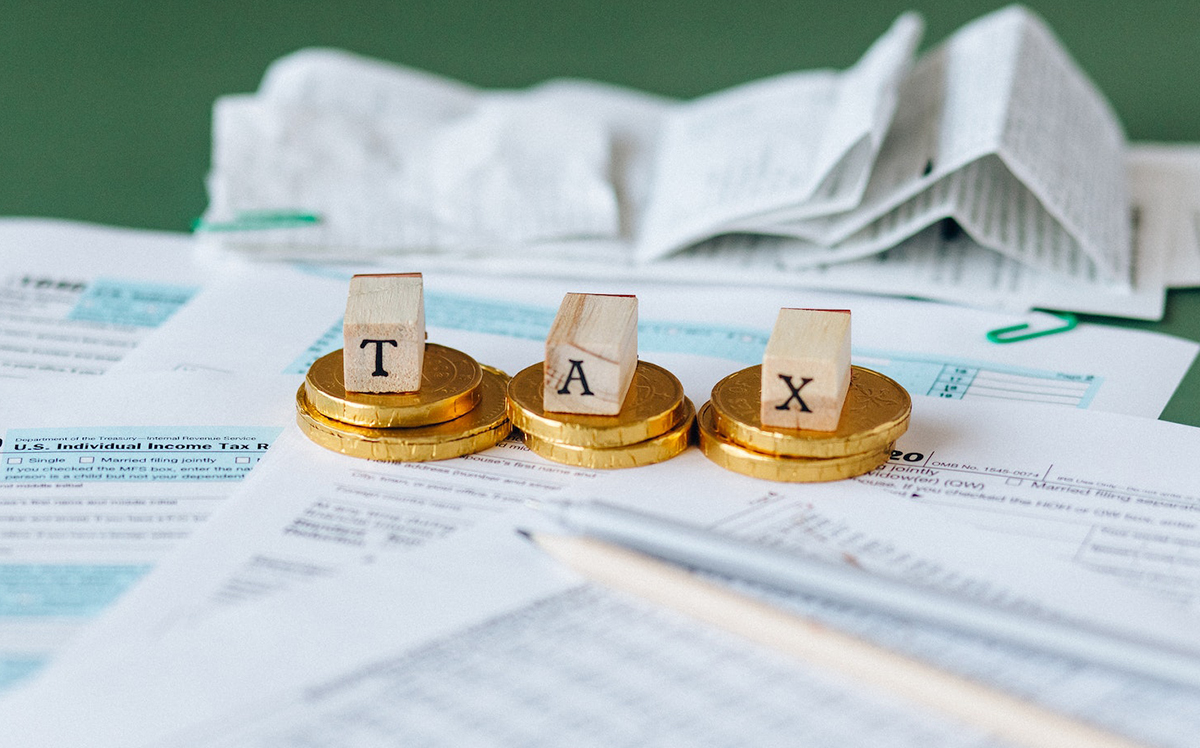Most of us hate paying taxes. But you probably would not expect to continue to provide large amounts of money from your estate to the government for many years after your death. Unfortunately, that’s the grim reality for most of us.
While that might sound shocking, let’s see how that’s easily possible.
Many people these days have various assets, even if they are not necessarily high-net-worth individuals. You most probably have a bank account, insurance policies, real estate, investment portfolios, company stocks, accounts in various financial platforms, such as online banking, trading or investment platforms, and digital assets in digital vaults.
Employees in tech companies have stock options. Angel investing is becoming more popular, resulting in ownership of company shares in multiple startups. Many people own businesses as side hustles. Not to mention credit cards and other financial instruments that we take for granted.
While most of us don’t have all of these assets simultaneously, the reality is that we do have many of them. But you’ll ask, “What’s the problem with that?”
First we need to answer the question “What happens to all these assets when you pass away?” Your immediate answer might be “For sure, they go to my family.” Some even might add, “And I have an estate plan!”
Now, think twice about it.
- First, are your family members aware of all your digital and financial assets? Even if they are aware of all these assets, do they know how to access these financial platforms and online vaults?
- Now we come to the second part – estate planning. The bad news is that the proceeds from estate planning are one of the top types of unclaimed assets. How is that possible? Shouldn’t estate planning protect exactly against that problem?
- The reason that it’s not the case is that even if you have the best estate plan, with a catch-all clause for all your future assets, does your family know what “all” is? Or how to access the “all” mentioned in your estate plan?
It’s exactly the same problem, and estate planning unfortunately doesn’t provide any additional protection against it.
But then what will happen to your assets if they don’t go to your family? No, they won’t go to the government. Not immediately …
For a period of time, which depends on the country or the state in the USA, they’ll be classified as unclaimed assets.
And after that period … yes, they’ll be taken over by the government!
A few numbers might illustrate the magnitude of the problem.
In the state of New York alone, there is $17.5B in lost money, held in 46 million abandoned financial accounts. That’s twice as many as the current residents of New York state!
Unclaimed assets are reaching the unprecedented levels of $100B in the USA and £77B in the UK. The figure in the US is increasing at the alarming rate of approximately $5B per year.
The numbers are staggering, and they span different types of assets, which stay in insurance companies, banks, cryptocurrency wallets, and asset management companies after their owners pass away, instead of reaching the rightful beneficiaries.
Is there a solution to the problem?
Seeing this global pandemic of abandoned digital and financial assets, it’s not surprising that the digital inheritance and digital legacy planning services are emerging to cope with this problem.
They offer automatic detection of a fatal event happening to the asset owner and proactive sharing of the information about the assets with the designated beneficiaries. The people with whom the asset owner has shared the information are then aware of the assets and can identify and locate them.
This way, your money goes to your loved ones, instead of staying in financial institutions, online platforms and insurance companies.
To find out more about how DGLegacy can help you protect your digital and financial assets, please visit www.dglegacy.com.




